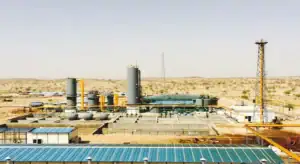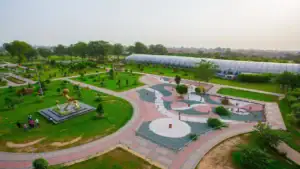An Israeli airstrike on Yemen’s capital, Sanaa, has killed Houthi Prime Minister Ahmed al-Rahawi along with several ministers, marking a significant escalation in the ongoing conflict, Houthi authorities confirmed.
The attack occurred during a routine government workshop held in a villa in the Beit Baws area, southern Sanaa. The gathering—intended to review the past year’s performance—was underway as a televised address from Houthi leader Abdul-Malik al-Houthi was broadcast, drawing several high-level officials together.
Israel’s military acknowledged executing a precision strike on a Houthi’s military target where senior officials were meeting, confirming al-Rahawi’s death alongside other senior figures.
Houthi leader Mahdi al-Mashat responded by vowing vengeance, stating, “Our revenge will not rest,” and warned that Israel would face “black days.”
READ MORE: Israel Strikes Houthis in Yemen, Four Killed
Notably, analysts suggest that although many of the targeted officials were technocratic rather than military or political power brokers, this marks a strategic shift by Israel from targeting infrastructure to striking leadership—signalling enhanced intelligence capabilities.
Following the strike, Ahmed al-Rahawi’s deputy, Muhammad Ahmed Miftah, has been appointed as the new prime minister.
This incident is among the most consequential in a broader campaign of Israeli, and sometimes U.S., airstrikes on Houthi targets in Yemen. These operations have increased amid Houthi attacks on Red Sea shipping and Israel via drones and missiles in solidarity with Palestinians.









